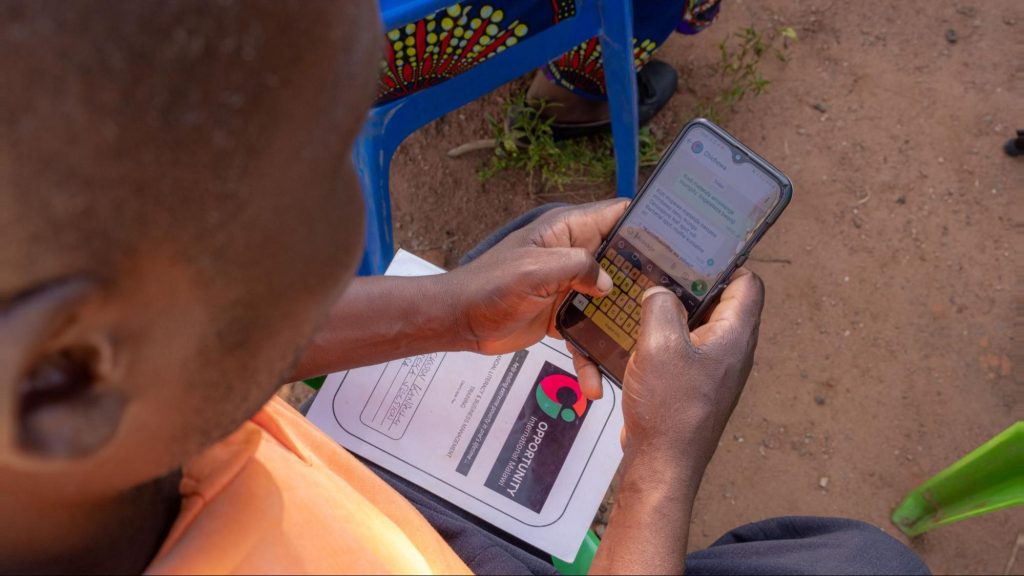
In Malawi, small-scale farmers devastated by climate disasters are being helped to recover thanks to a novel artificial intelligence tool called Ulangizi. This generative AI chatbot runs on WhatsApp and offers agricultural advice in both English and Chichewa, even enabling non-literate farmers or those without smartphones to get help via audio, images, or voice messages. After Cyclone Freddy destroyed months of work, farmers like Alex Maere shifted to crops like potatoes based on Ulangizi’s recommendations—and were able to make enough to rebuild livelihoods.
Ulangizi is supported by Opportunity International and aligned with Malawi’s agricultural ministry guidelines. It helps with pest management, planting methods, fertilization, soil care, and animal husbandry. Farmers support agents (“human in the loop”) facilitate access where devices or connectivity are lacking.

Nigeria has already made strides in AI agriculture; local innovations show promise:
These examples suggest Nigeria is well-placed to benefit from a Ulangizi-style model, especially in rural and under-served communities.
While Ulangizi works well in Malawi’s context, Nigeria faces both similar and unique obstacles:
Challenges:
Opportunities:
Malawi’s experience with Ulangizi shows that AI farming tools designed with accessibility and context in mind can have transformative impact: restoring income, food security, and hope for climate-hit farmers. For Nigeria, “AI farming in Nigeria” is not just a catchy phrase—it’s a strategy: combining home-grown tech, government support, and inclusive design to ensure that even the most remote farmers benefit.
If Nigeria can adapt tools like Ulangizi—accounting for its scale, linguistic diversity, connectivity gaps—it could close many of its agricultural productivity and food security gaps. With over 80% of the workforce involved in farming, even modest improvements via AI advisory services could ripple out to affect millions. The key will be fidelity (accuracy), reach (access), and trust.